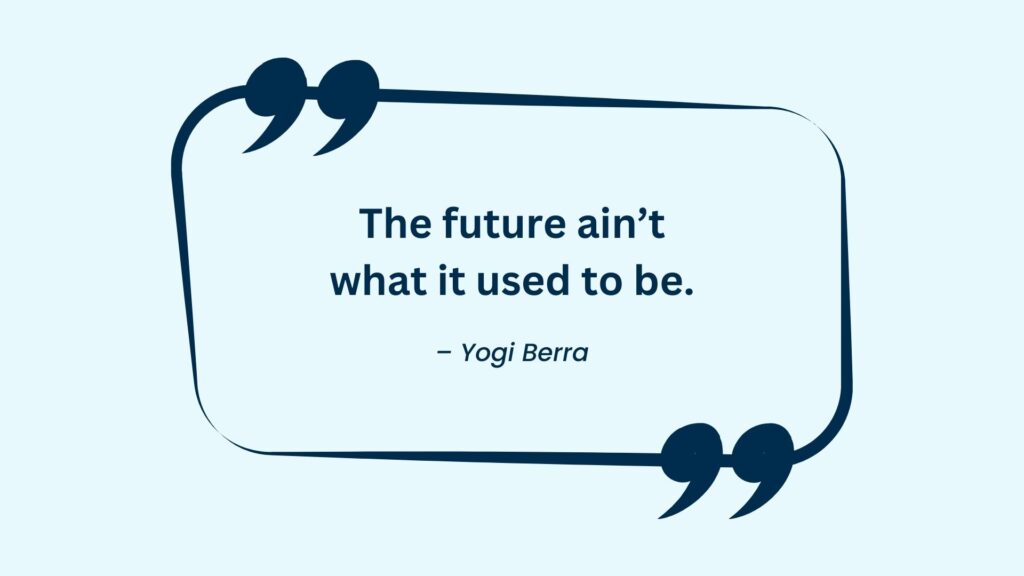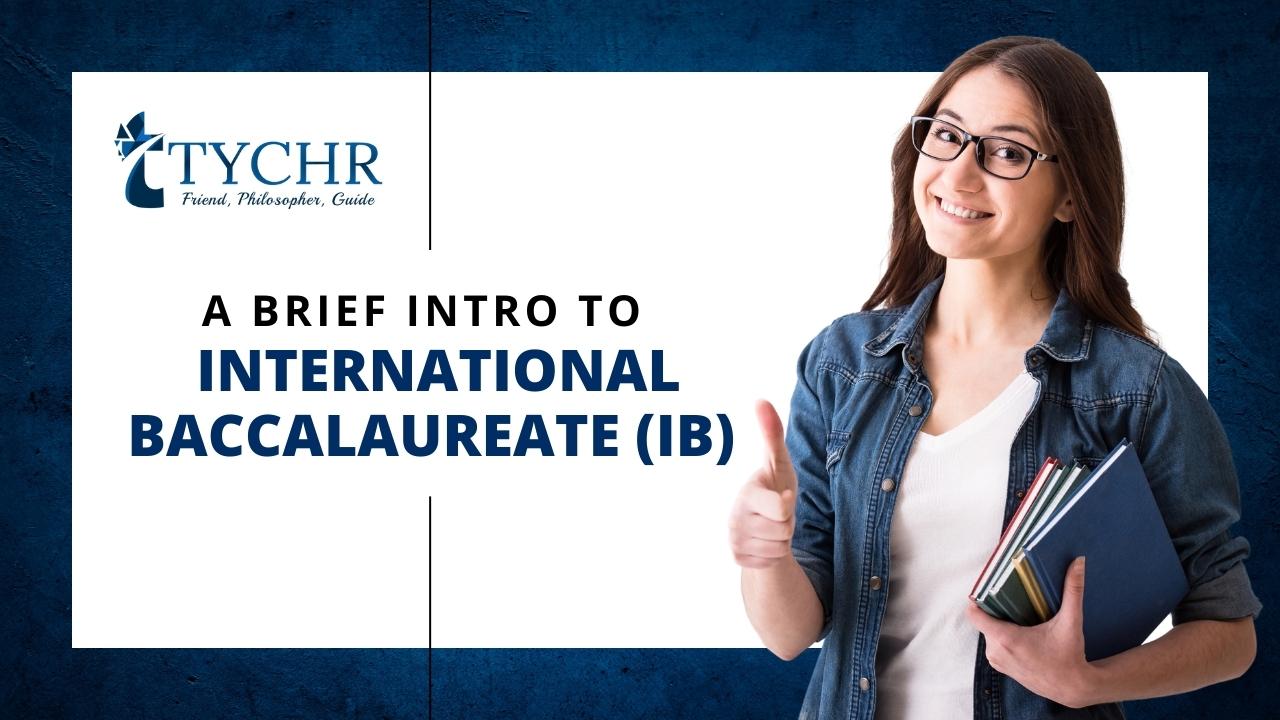Table of Contents
The International Baccalaureate is a non-profit organization that was founded in 1968 in Geneva, Switzerland. This curriculum was carefully curated with a goal to create a rigorous framework in order to prepare the students for reality. The IB offers four educational programmes; The IB Diploma Programme and the IB Career-related Programme for students aged 15 to 19, the IB Middle Years Programme for students aged 11 to 16, and the IB Primary Years Programme for children aged 3 to 12. To teach these programmes, schools must be authorized by the International Baccalaureate.
- PYP: Students explore 6 transdisciplinary themes of global significance with the aim of transcending traditional boundaries between subject areas.
- MYP: This is an extension from the 6 themes that they learn from PYP which includes identities and relationships, personal and cultural expression, orientation in space and time, scientific and technical innovation, fairness and development, and globalization and sustainability.
- DP: In this curriculum, the framework consists of 6 subject groups and three key elements of the Diploma Programme core. The internal assessments and the extended essay prepares the students for university and core elements like TOK aids students in gaining perspective of how the world works.
- Career-related: Students combine their Diploma programme with career-related studies and four core elements of the curriculum. Furthermore, students are trained in terms of personal and professional skills so they are equipped to step into the real world right after finishing high school.
Each of the IB programmes reflects a central desire to provide an education that enables students to make sense of the complexities of the world around them, as well as equipping them with the skills and dispositions needed for taking responsible action for the future. They provide an education that crosses disciplinary, cultural, national and geographical boundaries, and that champions critical engagement, stimulating ideas and effective relationships.
IB Leadership:
Our Board of Governors, the Director General, and the Executive Team champion our mission and guide the present and future of the organization. While the Board of Governors appoints the Director General, it is the responsibility of the Director General to hire members of the Executive Team.
Role of the Board of Governors
The IB Board of Governors plays an important role in setting the strategic direction of the International Baccalaureate. As well as appointing the Director General, the Board is responsible for:
- Adopting a mission statement
- Making policy
- Overseeing the IB’s financial management
- Ensuring the autonomy and integrity of IB diploma examinations and other student assessment.
The Board has the following committees:
- Education
- Finance, Audit and Risk Management
- Governance and Organization
Apart from the board of Governors, we have the Director General and the Executive Team. The Director General additionally holds each member of the executive team accountable of their area of the IB’s work. They also work with the Heads council which is one of IB’s advisory boards. Every year, the Director General submits an annual progress report on IB. This is posted online and can be seen by the public.
On the other hand, the executive team is responsible for IB’s core functions including the assessment; overseeing policy and practice for the IB examinations, Learning and teaching; with responsibility for the IB’s programmes, Finance and Enterprise Business Planning; taking an organization wide view in order to smartly implement strategy and Schools; managing several areas in accordance with schools such as helping them become an international baccalaureate world school.
IB and schools
We ask schools to take part in an authorization process to ensure that they meet our standards to become an International Baccalaureate World School. Once they have received our authorization, we provide them with programme curricula and assessment. We re-evaluate all schools every five years to verify that they continue to meet our standards, created to help ensure that all our programmes are taught as effectively as possible.
Schools remain independent organizations accountable to their own administrative and governance bodies – this includes policies related to admissions, faculty, and students. Our programmes provide them with the essential elements – the knowledge, concepts, skills, and actions that teachers need to equip students for success, both now and in the future.
We follow student progress with our assessments, which help students achieve better outcomes and promote consistent standards and practices across all IB World Schools.

Why is the IB different?
The International Baccalaureate® (IB) programmes aim to do more than other curricula. Our four programmes develop inquiring, knowledgeable and caring young people who are motivated to succeed. The IB gives students distinct advantages by building their critical thinking skills, nurturing their curiosity and their ability to solve complex problems.
We strive to develop students who will build a better world through intercultural understanding and respect, alongside a healthy appetite for learning and excellence. IB programme frameworks can operate effectively with national curricula across all school ages; more than half of IB World Schools are state-funded.
The IB’s programmes are different from other curricula because they:
- Encourage students of all ages to think critically and challenge assumptions
- Develop independently of government and national systems, incorporating quality practice from research and our global community of schools
- Encourage students of all ages to consider both local and global contexts
- Develop multilingual students.
Throughout all IB programmes, students develop approaches to learning skills and the attributes of the IB learner profile. The IB learner is positively challenged to think critically and to learn in a flexible environment crossing disciplinary, cultural and national boundaries. The learner profiles include:
- Inquirers
- Knowledgeable
- Thinkers
- Communicators
- Principled
- Open-minded
- Caring
- Risk-takers
- Balanced
- Reflective
Our programmes help IB students:
- Ask challenging questions
- Think critically
- Learn across disciplines
- Develop research skills proven to help them in higher education.
IB programmes also encourage students to be active in their communities and to take their learning beyond academic study.
In conclusion,
The International Baccalaureate education has a mission to develop inquiring skills in knowledgeable and caring young students who will help create a peaceful world. IB tends to adapt to the new global challenges and prepare the students’ minds accordingly. In a rapidly moving world, unprecedented changes happen and IB education is most relevant now than ever. To this end the organization works with schools, governments and international organizations to develop challenging programmes of international education and rigorous assessment. These programmes encourage students across the world to become active, compassionate and lifelong learners who understand that other people, with their differences, can also be right.
One of the most special features of the IB is that it gathers together a worldwide community of educators who share a common belief that education can help to build a better world. Each of our IB programmes and curricula undergoes regular review to ensure that we are delivering the best possible education for IB students. This curriculum review process involves educators from many cultures and backgrounds and ensures that practicing teachers play a critical role in the development of each programme. It also means that our vision is constantly sharpened by research, both our own and that of other respected academic bodies.
Frequently Asked Questions (FAQs)
Q1: What is the International Baccalaureate (IB)?
A: The International Baccalaureate (IB) is an internationally recognized educational program for students aged 3 to 19. It offers four different programs: PYP, MYP, DP and CP. IB programs aim to develop well-rounded, globally-minded students who are prepared for success in university and beyond.
Q2: How is the IB different from other educational programs?
A: The IB is unique in its approach to education. It emphasizes critical thinking, inquiry-based learning, and a focus on developing the whole student. The IB places a strong emphasis on internationalism and encourages students to develop an appreciation for other cultures.
Q3: How is the IB assessed?
A: The IB is assessed using a variety of methods, including essays, exams, oral presentations, and coursework. In some programs, students also complete a major project, such as an extended essay or a personal project.
Q4: Are IB programs recognized by universities?
A: Yes, IB programs are recognized by universities around the world. In fact, many universities actively seek out IB students because of their strong academic skills and international perspective. In some cases, universities may offer advanced standing or credit for IB courses, depending on the student’s score on the IB exam.
Q5: How can students prepare for the IB?
A: Students can prepare for the IB by developing strong study skills, particularly in reading and writing. They can also benefit from practicing time management and organization skills, as IB programs can be demanding and require students to balance multiple assignments and assessments at once.
Also Read – A Guide to IB Diploma Programme
https://www.ibo.org/about-the-ib/governance-and-leadership/
https://www.ibo.org/globalassets/what-is-an-ib-education-2017-en.pdf







